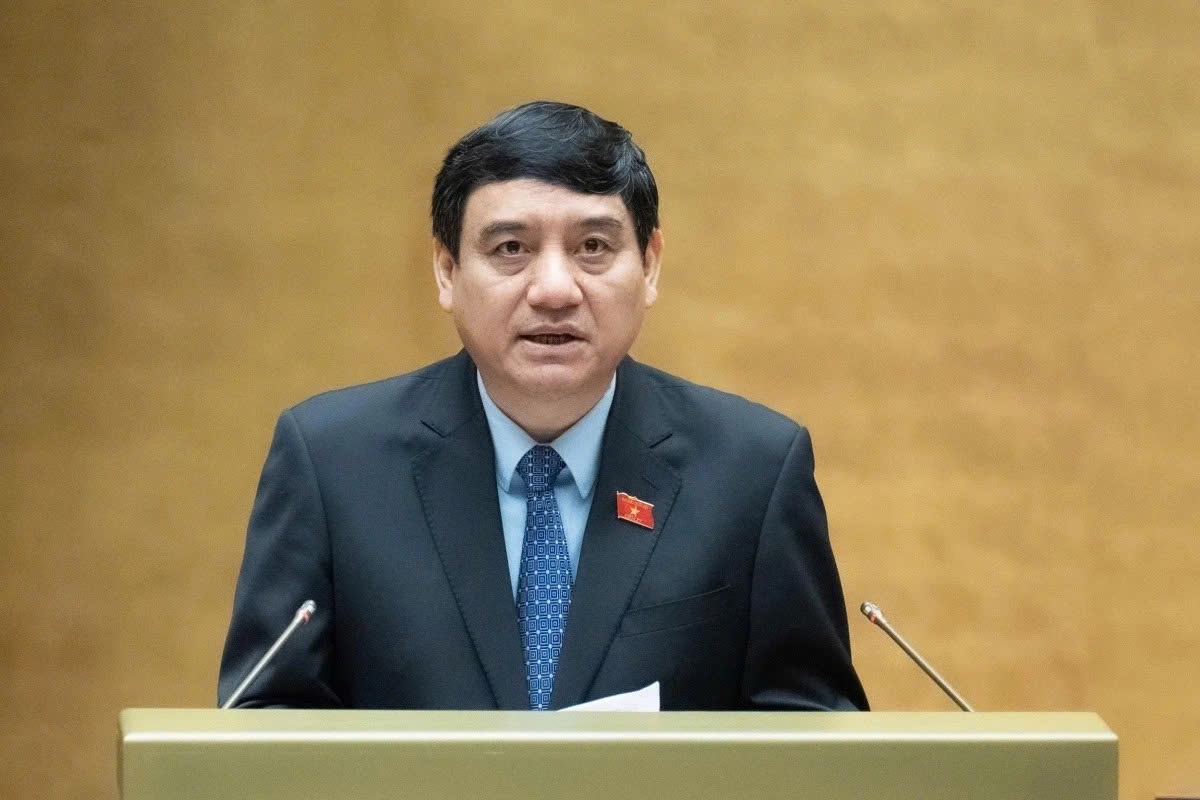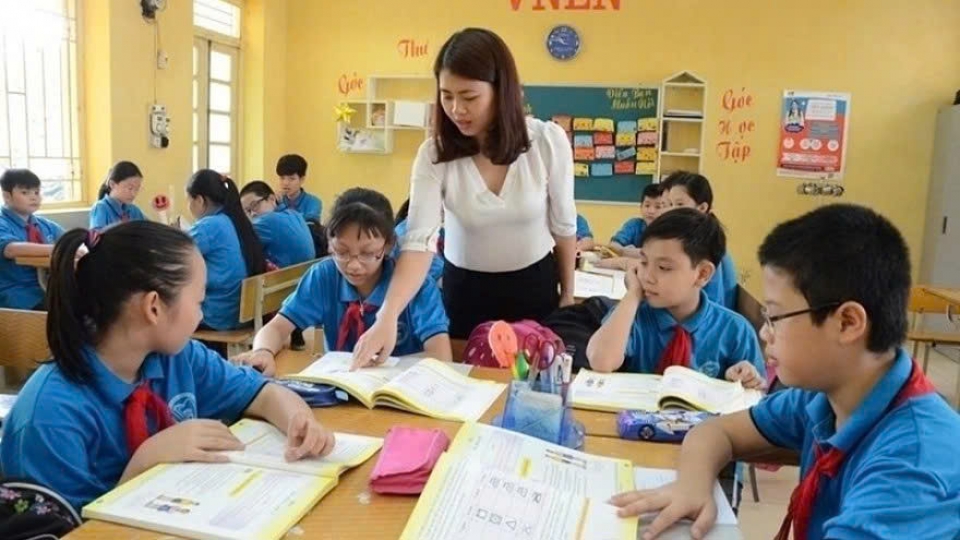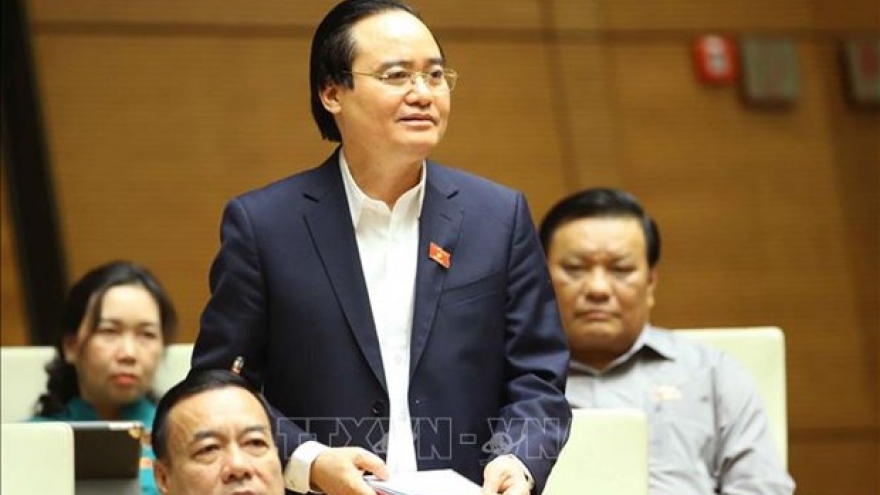NA examines unified textbooks in 2026 and free provision for students by 2030
VOV.VN - The National Assembly on November 17 examined the Government’s proposal to use a single nationwide set of general education textbooks starting from the 2026–2027 school year, and provide textbooks free of charge for students by 2030.

Under the Government’s proposal, free textbooks may be implemented as early as the 2026–2027 school year in localities with sufficient resources. The policy aims to reduce costs and ensure uniformity in education.
Presenting an appraisal report, Nguyen Dac Vinh, Chairman of the National Assembly’s Committee on Cultural and Social Affairs, emphasised the need to clarify the regulation stating that localities with sufficient resources may implement free textbooks starting from the 2026–2027 school year. This is to avoid the misunderstanding that free textbooks would be prioritised for students in wealthier areas, rather than prioritising students in disadvantaged regions.
He also suggested considering a mechanism whereby the State encourages mobilising social and local resources to support disadvantaged areas in implementing this policy.
The draft resolution also proposes granting directors of Departments of Education and Training the authority to recruit, transfer, and assign teachers to enhance decentralisation and address long-standing imbalances in staffing. According to the Government, the move aims to ensure consistent human resource management and flexible allocation of teachers based on practical needs.
However, Committee on Cultural and Social Affairs Committee Chairman Nguyen Dac Vinh suggested clarifying the scope of authority to prevent misunderstandings, such as moving staff across communes in different provinces. He also recommended adding monitoring, inspection, and periodic reporting mechanisms to ensure transparency and fairness while preventing misuse.
In addition, he highlighted the need to continue studying decentralisation for qualified public education institutions to manage their own hiring and staffing.
The draft resolution sets a target for education spending to account for at least 20% of total expenditure, and allows localities to apply preferential mechanisms in taxation, credit, and land allocation to develop education.
Furthermore, it expands the autonomy of educational institutions in organising international conferences, attracting foreign experts, and even encouraging the establishment of Vietnamese education branches abroad. The draft also addresses the termination of school councils in public educational institutions.




